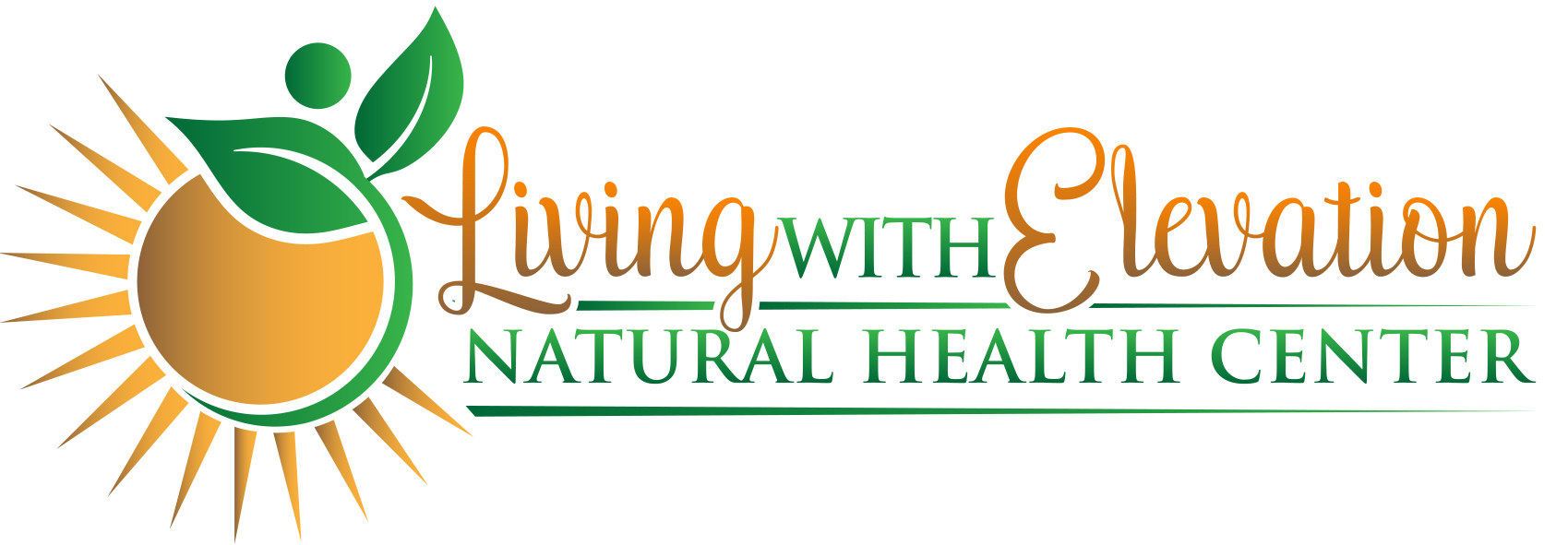- You are here:
- Home »
- Blog »
- Healing Foods & Supplements »
- 10 Natural Ways to Improve Digestion for Optimal Health

Your digestion is the cornerstone of your health. When your digestive system is working well, you feel energized, clear-headed, and balanced. But when things go off track—bloating, discomfort, fatigue—it can impact every part of your day.
The good news? There are natural, simple ways to support your digestion and help your body absorb nutrients more effectively. Let’s explore 10 ways to improve digestion naturally so you can feel your best every day.
Signs Your Digestion May Not Be Functioning Normally
How do you know if your digestive system needs support? Here are some common signs:
- Frequent bloating or gas
- Heartburn or acid reflux
- Constipation or diarrhea
- Feeling sluggish or fatigued after meals
- Cravings for sugar or processed foods
- Skin issues like acne or eczema
- Difficulty concentrating (often called “brain fog”)
If any of these sound familiar, it’s worth taking steps to improve your digestion naturally.
1. Eat Slowly and Mindfully
How you eat is just as important as what you eat. Eating too quickly can lead to overeating and poor digestion. Instead, try slowing down and chewing each bite thoroughly. This gives your digestive enzymes time to do their job and reduces the likelihood of bloating or discomfort.
2. Stay Hydrated
Water is essential for proper digestion. It helps break down food and supports the movement of nutrients through your digestive tract. Aim for half your body weight in ounces of water daily, and consider drinking a glass of water 30 minutes before meals to prepare your stomach for digestion.
3. Incorporate Fiber-Rich Foods
Fiber is your digestive system’s best friend. It keeps things moving and supports the health of your gut bacteria. Include both soluble fiber (found in oats, beans, and fruits) and insoluble fiber (found in whole grains, nuts, and vegetables) in your meals.
If you’re not getting enough fiber from your diet, a high-quality fiber supplement can be a great addition. Frontier Fiber is an easy, natural way to support your digestion and keep everything running smoothly.
4. Support Your Gut with Probiotics
Probiotics are beneficial bacteria that promote a healthy gut microbiome. You can find them in fermented foods like yogurt, kimchi, sauerkraut, and kefir. If you’re not a fan of these foods, a high-quality probiotic supplement can be a great addition to your routine.
5. Add Digestive Enzymes
Digestive enzymes help your body break down food more effectively, especially if you’re eating heavier or processed meals. Supplements like BetaZyme, PureZyme, and CybZyme can help mitigate bloating and discomfort.
✨ First-time customers can save 10% with code FIRST10!

6. Limit Processed Foods
Processed foods are often low in fiber and high in additives that can irritate your gut. Reducing these foods and focusing on whole, nutrient-dense options can dramatically improve your digestion and overall health.
7. Chew Your Food Thoroughly
Chewing is the first step in digestion, and it’s often overlooked. The more you break down food in your mouth, the less work your stomach and intestines have to do. Aim to chew each bite 20–30 times before swallowing.
8. Manage Stress
Your gut and brain are deeply connected, and stress can wreak havoc on your digestion. When you’re stressed, your body prioritizes “fight or flight” mode over “rest and digest.” Incorporate stress-reducing practices like meditation, deep breathing, or gentle yoga to calm your system.
9. Get Moving
Physical activity isn’t just great for your overall health—it also supports digestion by helping food move through your digestive tract. Even a 10-minute walk after meals can aid digestion and reduce bloating.
10. Pay Attention to Food Sensitivities
Sometimes, certain foods can irritate your digestive system without you realizing it. Common culprits include gluten, dairy, and highly processed foods.
Want to pinpoint the foods causing inflammation in your body? Try this Food Inflammation Test to identify triggers and start feeling better.
Final Thoughts
Improving your digestion doesn’t have to be complicated. By making small, intentional changes—like slowing down during meals, staying hydrated, and incorporating supplements when needed—you can transform how your body processes food and absorbs nutrients.
Your digestion is worth the care and attention—it’s the foundation of optimal health.
Related Posts
Candida After the Holidays: Signs You Have a Yeast Overgrowth
Hair Loss? Let’s Look at Your Thyroid, Liver, and Protein
The Do’s and Don’ts of Intermittent Fasting
How Liver Health Could Be Behind Your Migraines
Why Root Cause Management Is Worth It
How to Break Through a Weight Loss Plateau
Yeast Overgrowth and Your Weight Loss Struggles
Natural Approaches to Treat Acne
